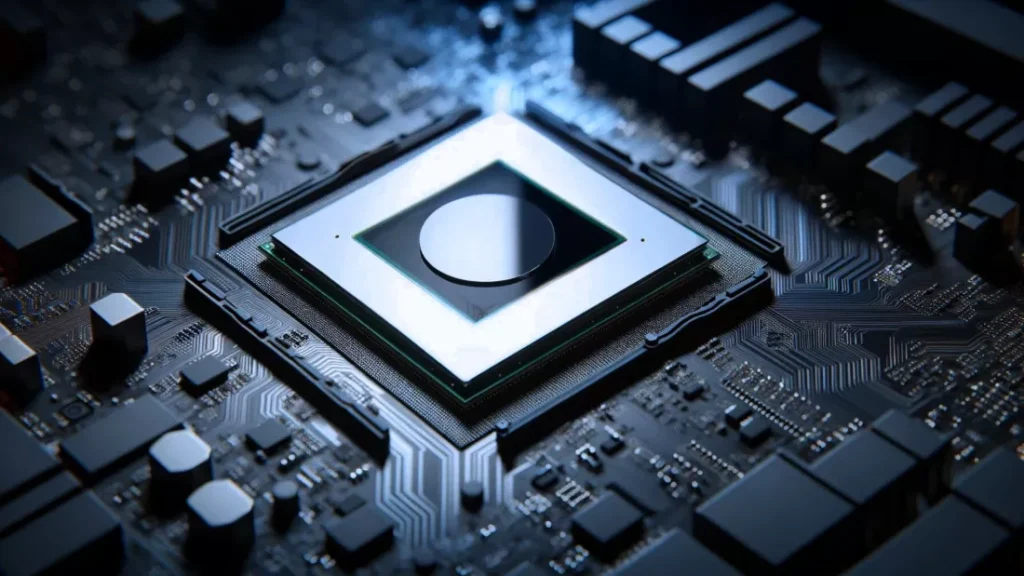Akash Systems, an Oakland-based startup, has secured a preliminary deal with the US government for significant funding under the CHIPS Act. The company, which is developing diamond-based cooling technology for semiconductors, signed a non-binding memorandum with the Department of Commerce. If finalized, Akash would receive $18.2 million in direct funds and $50 million in federal and state tax credits.
Although this is just an initial agreement, it marks an important first step. According to Akash, the funds will be used to ramp up production of its diamond semiconductor solutions for AI, data centers, space tech, and defense applications.
Diamond chips offer exceptional thermal conductivity. Akash aims to tackle one of the biggest challenges in modern computing—keeping hot chips cool enough for peak performance—by using synthetic diamond substrates or integrating diamond into semiconductor materials.
The company hasn’t shared many details, but they appear to be combining synthetic diamond with materials like gallium nitride to create diamond-based semiconductor wafers and packages. One slide claims their technology could reduce GPU hotspot temperatures by 10-20°C, saving data centers significant money on cooling and preventing thermal throttling. For specific GPU-on-diamond designs, up to 60% lower temperatures and 40% less energy use are touted.

These claims need to be taken with a grain of salt for now. However, Akash must have demonstrated enough credibility to receive initial approval from the very selective CHIPS Act program. The timing is opportune as well—CEO Felix Ejeckam told Axios that VC firms have been reluctant to back semiconductor startups, a problem highlighted by pandemic-induced chip shortages.
Axios reports that Akash spent over a year trying to secure CHIPS Act funding, even negotiating with labor unions to sway the Biden administration. The startup had previously raised $18 million from VCs, but Ejeckam noted that non-dilutive government funding was appealing.
Akash Systems is not alone in attempting to improve data center cooling as the industry expands, driving energy consumption to new highs. Earlier this month, researchers from the University of Texas unveiled a new thermal interface material that outperformed the best commercial liquid metal cooling products by a staggering 56-72%.





